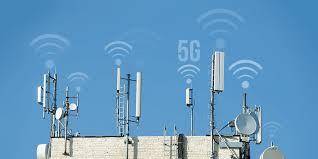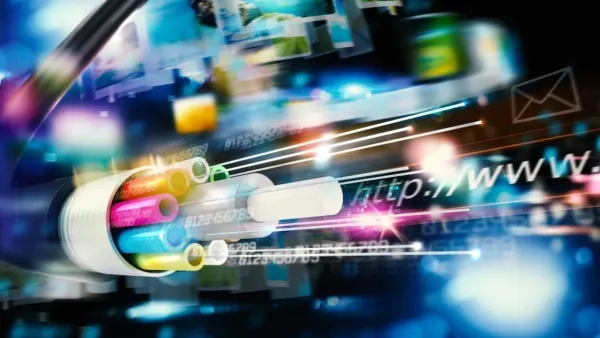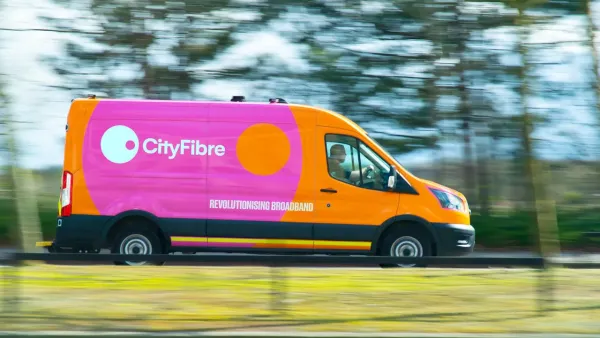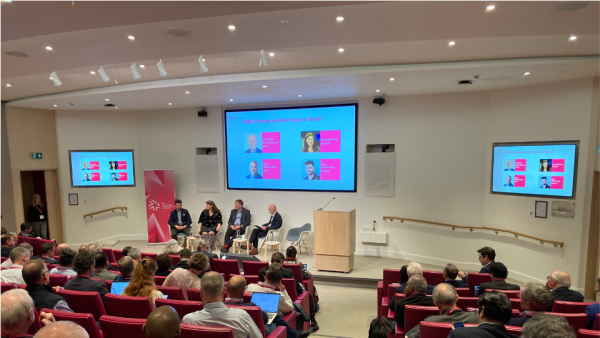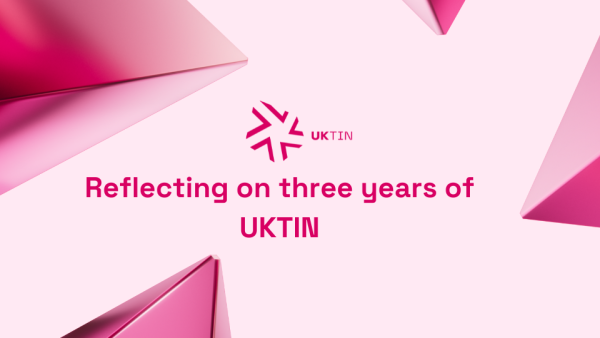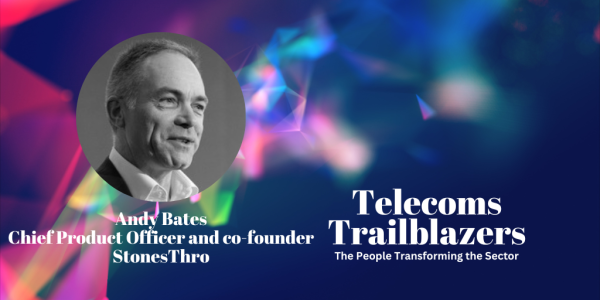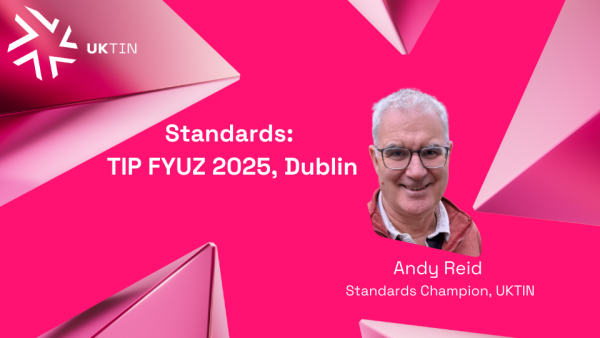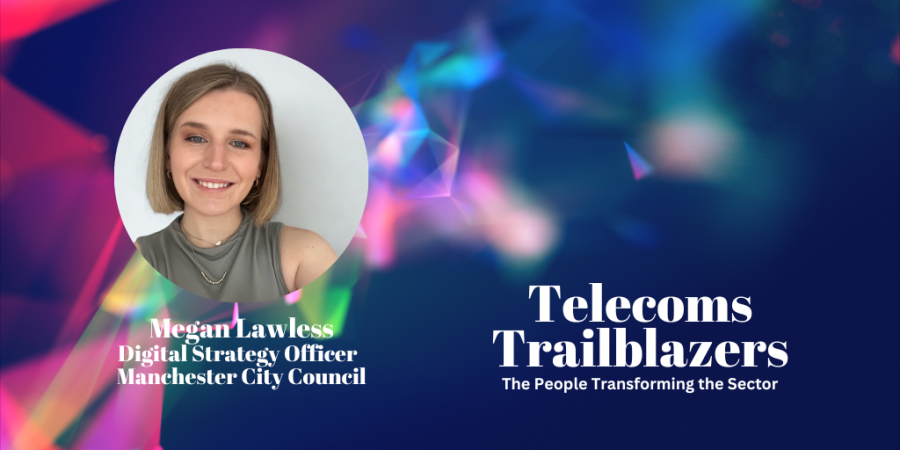
Hello, my name is Megan Lawless, and I work for the Manchester Digital Strategy at Manchester City Council. I am also involved in the Greater Manchester 5G Smart Decarbonisation Network project.
We plan to make Manchester a world-leading digital city by 2026. Now, more than ever, technology influences almost every aspect of our lives, and our strategy is an opportunity to improve the lives of Manchester residents, grow a more inclusive economy, and deliver better public services.
Our team approaches digital technology holistically: how can we make the city a better place for people, not just tech and innovation? We want everyone in Manchester to have the skills, knowledge and resources to make the most of the opportunities offered by the ever-expanding digital world. We see a future where we have skilled residents, future-proofed infrastructure, and a sustainable and resilient city.
The DSIT-funded 5G project has been extended by 12 months and awarded £250,000 in additional funding. The project has enabled the integration of air source heat pumps in social housing, supporting the development of Smart Energy Grids and helping to reduce fuel poverty while advancing Greater Manchester’s net zero ambitions. 5G is at the centre of the initiative, and so is collaboration, delivered in partnership with industry and telecoms partners, local fibre networks, academia, and the cybersecurity sector.
What do you enjoy most about working in this space?
I enjoy the challenge and anything related to smart or connected placemaking. I also enjoy building teams and bringing people together.
What’s the most ridiculous thing you’ve done in the name of work?
I have been fortunate enough to attend the Smart City Expo World Congress in Barcelona as part of my role. However, that particular conference does inspire some silliness, such as trying to have a serious conversation about the state of smart solutions in the UK while several robot dogs pass by, led by a gaggle of US delegates in cowboy hats.
Where do you see telecoms heading?
I’d like to see more strategic engagement between local authorities and telecoms providers. A forum approach would be ideal, featuring the public sector and the telecoms industry. We need to work smarter and more collaboratively.
What would you like people to know about your work?
It’s not a technical role. You need to know how the tech works, but most of what I do is centred on people, spaces and creating change.
Why is a vibrant, flourishing telecoms ecosystem important for the UK?
It will be increasingly important. We want progression, and technology is an enabler for that. Mobile connectivity versus broadband is interesting from a digital inclusion perspective. Most people have access to mobile and don’t want to buy a broadband package; we need more affordable data packages rather than social tariffs, and we also need to offer a mix of fibre and mobile to enable different types of technology. This infrastructure is crucial to facilitating smart cities. The UK has the potential to be innovative, but our telecoms ecosystem is needed to guide and inform the appropriate solutions.

